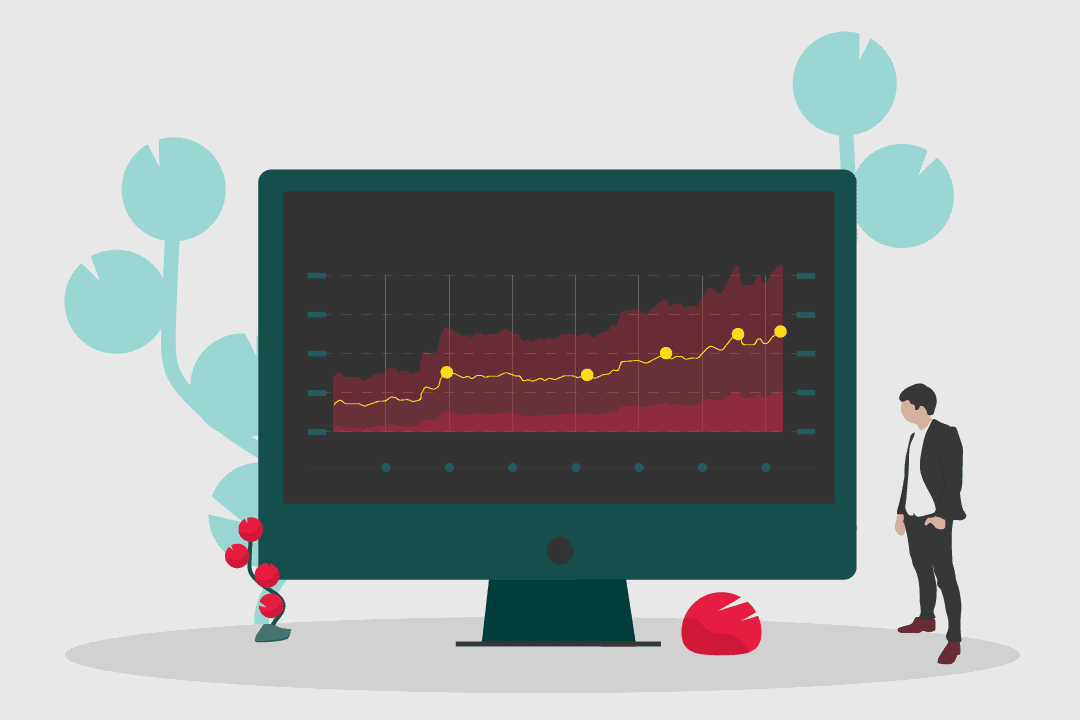The Changing Nature of Professional Financial Work

The finance sector has changed a lot over the past decade or two – advances in financial technology (fintech), compliance, and how we interact with money and finance has changed, so too has employment in the sector and the skills required to thrive.
Bill Tsouvalas, CEO and Managing Director of Savvy Finance has seen this change firsthand, establishing a company based on using the latest in technology instead of the traditional bricks and mortar method. Savvy has grown from a small company providing car loans to a full featured personal finance broking and insurance firm with offices all over Australia. It was also named one of BRW’s Top Fastest Growing Companies in 2015.
“Finance isn’t just abut numbers, it’s also about data, innovation and engagement,” Tsouvalas says.
“Money and markets were like bread and butter to financial professionals twenty, thirty years ago. Now financial professionals from accountants, financial advisers, brokers, and bankers will need some familiarity with fintech.”
What is Fintech?
Fintech or “financial technology” is a broad term that encompasses all the latest software, hardware, and innovations that help people gain finance, make transactions, and maintain compliance.
One of the most widespread innovations in fintech is smartphone banking. Most, if not all major banks or credit unions allow people to make transactions such as transferring money, paying for goods or services, or even making preliminary applications for finance using their phones. Fintech is also extending into foreign exchange, stock broking, and more recently, cryptocurrency and blockchain.
Fintech also extends to data analytics, setting up or using machine learning or artificial intelligence, and ensuring compliance with new data standards, such as the Payment Card Industry (PCI) Security Standards, which help protect consumers from credit card and electronic transaction fraud.
As mentioned, blockchain technology is essentially an open and distributed ledger of transactions between two parties that can be independently verified and is resistant to attack as it’s encrypted. A good level of computational and financial literacy is required to work with blockchain.
Fintech also assists deposit taking institutions and accredited lenders or brokers with ensuring they are making responsible lending decisions and abiding by various regulations. Responsible lending is a cornerstone of banking and finance. A loan must improve the financial position of a borrower overall, not put them further into debt or financial hardship. Technology can help assess whether a borrower is right for a loan before they consent to a formal credit check.
The challenge for financial professionals is adapting and using fintech to achieve client goals while gaining new skills.
The Transformation of Key Finance Skills
Though many traditional finance skills are still in demand, the changing nature of financial professional work means new finance skills are required.
Traditional Finance Skills
New Finance Skills
Can I Build Upon My Existing Skills in New Financial Professional Work?
In most financial professional jobs such as accountancy, financial planning, or financial advising, financial professionals are often required to undertake professional development. For example, a Certified Practicing Accountant (CPA) is obligated to undertake 20 hours of professional development per year to keep their skills and competencies current, e.g. updating their knowledge of tax legislation.
Banking, lending, and broking is all increasingly computerised and automated, giving rise to faster applications and “rapid” finance approvals.
“The ‘sixty second’ approvals and same day finance is all thanks to automation,” Tsouvalas says. “For example, a broker at Savvy will need to be across many different tailor-made lending systems that look for loan products, track compliance, and check a customer’s credit and bank details. This means a broker will need to be highly tech literate and adapt to new and emerging technologies.”
Financial professional work can also extend into new areas such as data analytics and financial analysis. Data analytics is a relatively new job in finance that requires good level of statistical analysis and how it relates to finance. This could be inspecting or cleaning data to discover trends, modelling for businesses, looking at existing data sets to discover new information, and to use this information to make business or financial decisions.
Careers in Financial Professional Work
Personal Lending
Mortgage Lending
Financial Planning
Banking
Chartered Accountant
Financial Analyst
Commercial Finance
Accounting and Bookkeeping
Financial Advising
Insurance Broking
Software Development (Fintech)
Data Analytics
Professional Pathways into the New Types of Financial Professional Work
There are many professional pathways into the financial professional work of the future. Many jobs in fintech require computational or coding skills to help create custom programs for financial applications. Cybersecurity and using fintech in compliance are jobs that will be in demand as more and more people interact with finance using computers and smartphones.
“A financial professional of the future can’t just be good with numbers, they have to be across big data, information technology and cybersecurity,” Tsouvalas says.
“This makes any financial professional more well rounded and adaptable to the challenges and opportunities in finance.”
Relevant Qualifications
How to Become a Financial Planner: A Beginner’s Guide for 2020
Everything you need to know about entering the field of financial planning as a new professional.



